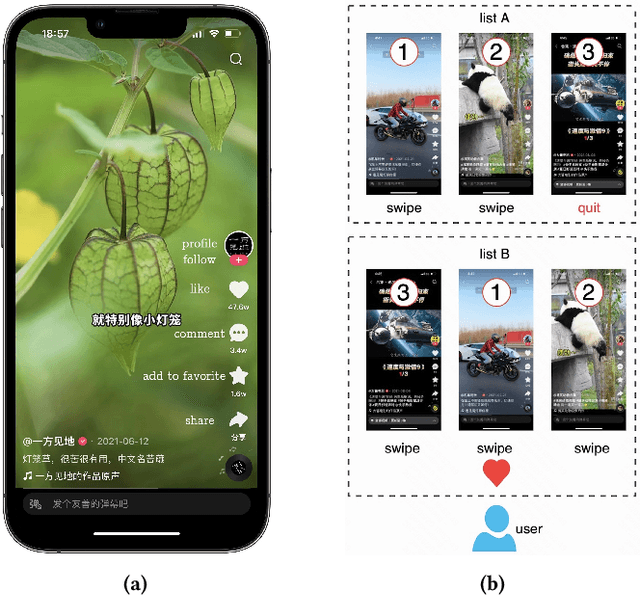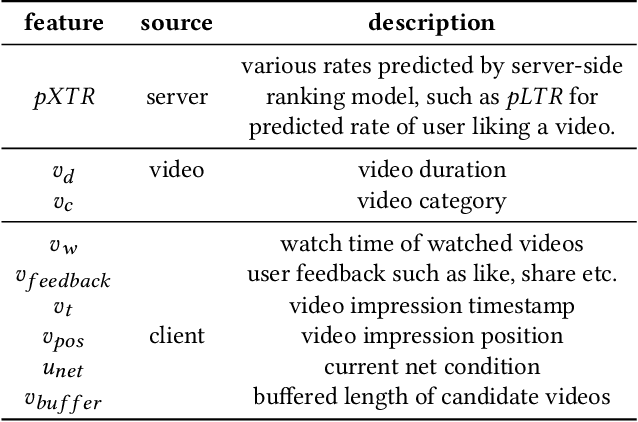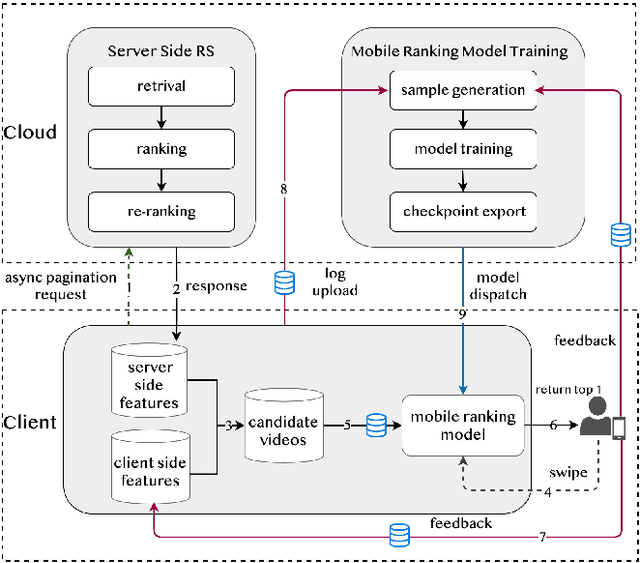Xudong Gong
Optimistic Model Rollouts for Pessimistic Offline Policy Optimization
Jan 11, 2024



Abstract:Model-based offline reinforcement learning (RL) has made remarkable progress, offering a promising avenue for improving generalization with synthetic model rollouts. Existing works primarily focus on incorporating pessimism for policy optimization, usually via constructing a Pessimistic Markov Decision Process (P-MDP). However, the P-MDP discourages the policies from learning in out-of-distribution (OOD) regions beyond the support of offline datasets, which can under-utilize the generalization ability of dynamics models. In contrast, we propose constructing an Optimistic MDP (O-MDP). We initially observed the potential benefits of optimism brought by encouraging more OOD rollouts. Motivated by this observation, we present ORPO, a simple yet effective model-based offline RL framework. ORPO generates Optimistic model Rollouts for Pessimistic offline policy Optimization. Specifically, we train an optimistic rollout policy in the O-MDP to sample more OOD model rollouts. Then we relabel the sampled state-action pairs with penalized rewards and optimize the output policy in the P-MDP. Theoretically, we demonstrate that the performance of policies trained with ORPO can be lower-bounded in linear MDPs. Experimental results show that our framework significantly outperforms P-MDP baselines by a margin of 30%, achieving state-of-the-art performance on the widely-used benchmark. Moreover, ORPO exhibits notable advantages in problems that require generalization.
Real-time Short Video Recommendation on Mobile Devices
Aug 20, 2022



Abstract:Short video applications have attracted billions of users in recent years, fulfilling their various needs with diverse content. Users usually watch short videos on many topics on mobile devices in a short period of time, and give explicit or implicit feedback very quickly to the short videos they watch. The recommender system needs to perceive users' preferences in real-time in order to satisfy their changing interests. Traditionally, recommender systems deployed at server side return a ranked list of videos for each request from client. Thus it cannot adjust the recommendation results according to the user's real-time feedback before the next request. Due to client-server transmitting latency, it is also unable to make immediate use of users' real-time feedback. However, as users continue to watch videos and feedback, the changing context leads the ranking of the server-side recommendation system inaccurate. In this paper, we propose to deploy a short video recommendation framework on mobile devices to solve these problems. Specifically, we design and deploy a tiny on-device ranking model to enable real-time re-ranking of server-side recommendation results. We improve its prediction accuracy by exploiting users' real-time feedback of watched videos and client-specific real-time features. With more accurate predictions, we further consider interactions among candidate videos, and propose a context-aware re-ranking method based on adaptive beam search. The framework has been deployed on Kuaishou, a billion-user scale short video application, and improved effective view, like and follow by 1.28\%, 8.22\% and 13.6\% respectively.
 Add to Chrome
Add to Chrome Add to Firefox
Add to Firefox Add to Edge
Add to Edge